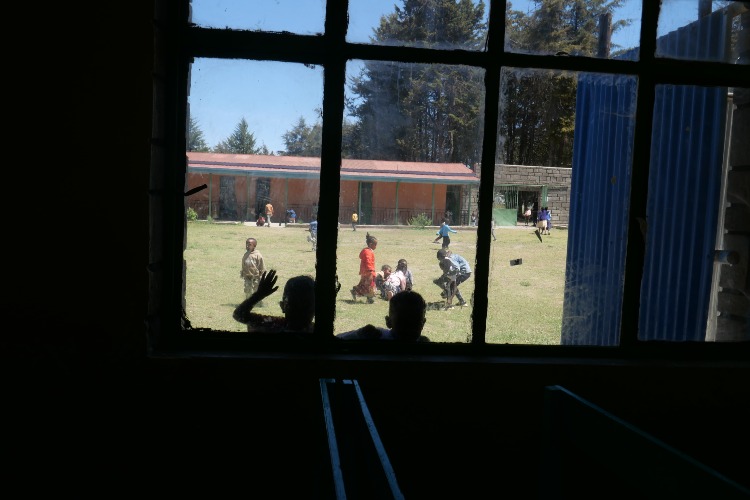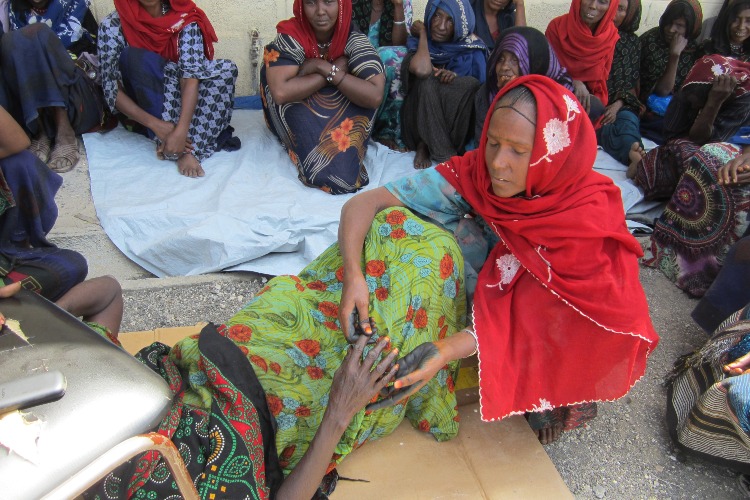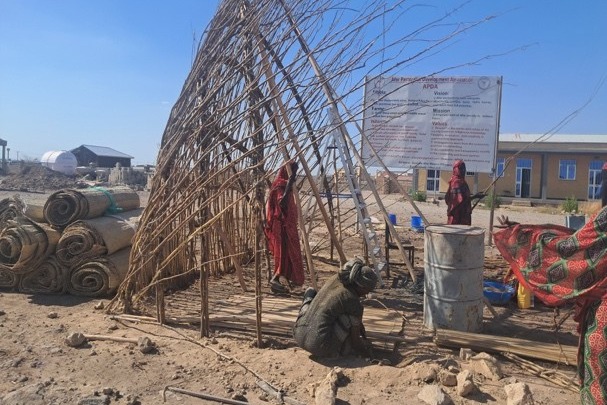International Day of Zero Tolerance to FGM
6 February 2025

What is FGM?
Female Genital Mutilation is any procedure where female genitalia is removed, cut or injured for non-medical reasons.
Removing flesh is the most common form of FGM in Ethiopia. This may include the clitoris or the labia. The most severe form of FGM, in which the vaginal opening is sewn closed, is common in the Afar region. This is where your generous help will be focused.
Why is FGM carried out?
FGM has been a traditional cultural practice for hundreds of years. It is thought to keep women and girls ‘pure’ and to make them ‘fit’ for marriage.
What problems does FGM cause?
FGM has no health benefits, and harms girls and women in many ways.
Short-term harm:
- severe pain
- excessive bleeding
- genital tissue swelling
- fever
- infections
- urinary problems
- wound healing problems
- injury to surrounding tissue
- shock
- death
Long-term harm:
- urinary problems
- vaginal problems and infections
- menstrual problems
- scar tissue
- sexual problems
- increased risk of childbirth complications
- need for later surgeries
- psychological problems
Please donate today to show your Zero Tolerance for FGM >




